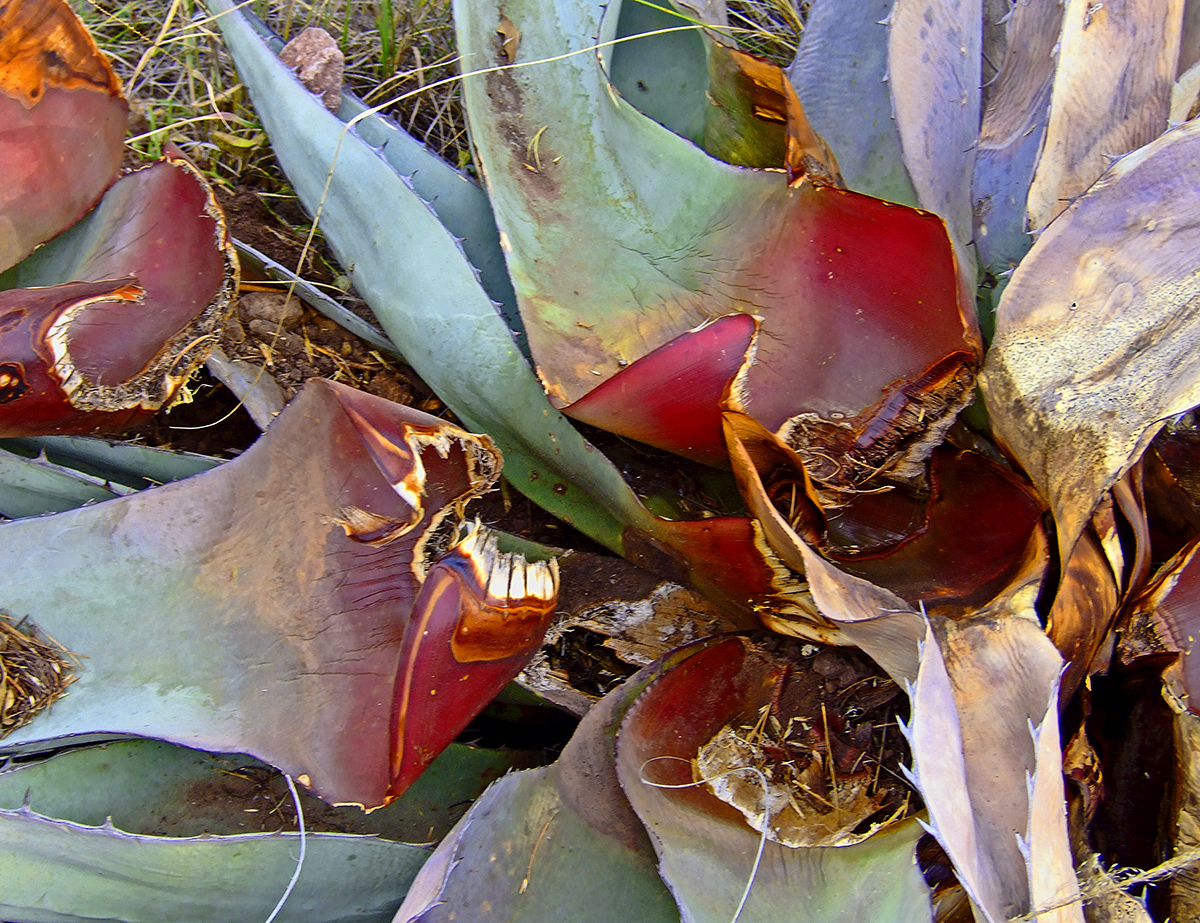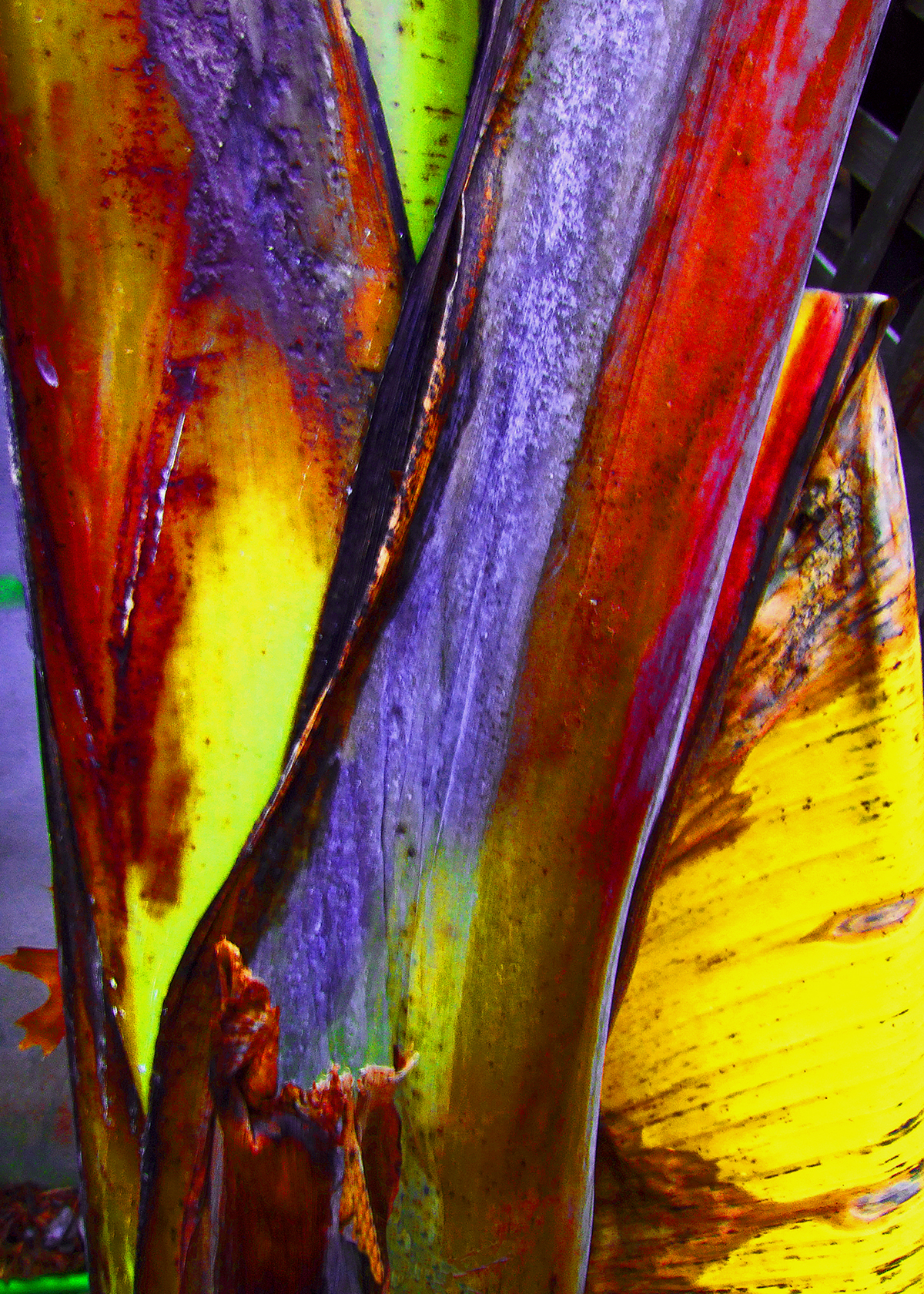How to Talk to a Photographer Like She’s an Artist

When you’re an exhibiting fine art photographer, you may wonder if you command the same respect as a fine art painter, or sculptor, or ceramicist might. That’s because today, anyone with the price of a Nikon or an iPhone and an Instagram account thinks of himself as a photographer, and assumes a peer-to-peer camaraderie with you that isn’t completely justified.
It’s evident when amateurs encounter professional photographers—those who (try to) make a living as fine artists. There’s often a disconnect in the conversation. Amateurs are eager to know all of the tricks and tips, as though the proper execution of tricks and tips will give them a good eye, or the ability to frame and crop, or an artistic vision.
Instagram photographers who probe the exhibiting art photographers for their many years of experienced knowledge aren’t usually interested in doing the time, either. Why learn how to use a Polaroid rangefinder when you can easily choose a similar filter and deckle-edge frame? Why bother understanding depth of field, when you can apply a Holga filter that apes it?

Consider these frequently-asked questions an exhibiting photographer is likely to hear—perhaps you’ve unwittingly asked them yourself—and consider how these questions would sound, when asked of a painter:
1. “Are those the real colors?”
Did you ever ask a painter that question about her oil painting? Then why are you asking another artist about her print? Do you assume that you both see colors the same way? You might be color blind, or perhaps she is. You might just not look at things the way she does. You might not see what she sees. When I make prints (and tweak them with as many considerations as what paints to mix on my palette), I’m expressing myself with my art.
As photographers, we aren’t just recorders. We’re showing the world what we see, as artists have done with paint for centuries. When people ask me of my photographs, “Are those the real colors?” my answer is “Yes. They’re the colors I saw.”
2. “What camera did you use to take that?”
As if the camera found the subject, discerned the proper lighting, chose the ISO, aperture and shutter speed, aimed, focused, framed and made the picture.
Photographs (like all forms of art) are, for the most part, expressions. There are dozens, perhaps hundreds, of choices a photographer will make that inform his expression, and that ensure that no two photographs can ever be alike. It’s inherent that we expect our viewers to realize they’re seeing our interpretation of a scene, or a fleeting moment. Not a literal representation. And certainly not one that is dependent on which camera we used.
3. “Did you Photoshop that picture?”
Photoshop, and these days, more so Lightroom and Aperture, are part of a photographer’s post-processing system. Before we had iPhone cameras and Instagram, before anyone ever shot digital, we processed film and made prints in darkrooms. With nasty chemicals. In the dark.
Today we use more advanced tools, with no chemical downside, that are daylight friendly and are in sync with our society’s technological advances. What we do today is more efficient and more sophisticated than our pre-Photoshop techniques, but it’s all the same: post-processing. Then, as now, it all requires the finesse, the talent and the eye of an artist. And the camera we used didn’t make the image. We did.
The camera we used didn’t make the image. We did. 

Think of photographers this way: Some of us are more talented, some less. Just like sculptors. Some of us are heavy-handed in approach; so are some ceramicists. Some photographers offer us a unique view of their world, some offer clichés—and where is that any more evident than among painters?
Most of us who use Photoshop, and other post-processing methods, aren’t really trying to fool, or even lie, to their viewers. We’re trying to create something that’s fresh, new, distinct. That’s what creative people do—no matter the medium we create in.
Think of it the way I do, the next time you encounter a fine art photographer, and the words are forming in your mind, “Are those the real colors?” Consider this:
As an artist first, whose paintbrush is a camera, my prints are my vision of what I see, and how I choose to show that to the world.
That’s how I always respond to these (annoying) questions, and I do it with a smile. Instead, you might consider asking me what themes I’m most passionate about, or how I choose what I photograph, or what led me to shoot and print the way I do. Then we can talk for hours. ♣
What’s on your palette?
Some further reading:
- Photoshop Was Never the Lie by Diego Vicente in Medium
- Your Camera Takes Great Pictures! by Phillip Joyce in Medium
- The Mechanical Fetish by Raphael Shevelev in Ideas on Photography



Excellent article. And I am probably guilty of the above named offenses. But I wouldn’t be so hard on folks. Most of us are simply ignorant of the photography world. As you say, with the proliferation of smart phones and everyone taking countless photos which are mostly noise and clutter, people everywhere think they are taking great photos. And to their untrained eye, they are. But you have boiled it down to a terrific explanation of exactly what a fine artist does.
thanks
So glad you understood what I am expressing about the general disregard for fine art photography compared to the other fine arts. Appreciate your thoughts and comments.
Great post, Thank you.
Glad you visited and liked it, Angeline.
Interesting and thought-provoking article Jann.
Personally I am NOT guilty of asking the above-mentioned questions – with 2 exceptions – and in my mind – they are wholly and completely justified – because I want more information and understanding on which to base my experience and conversation with the artist.
1) If the information is NOT listed anywhere – and I’m enthralled with the quality of the image from technical POV – I will ask about the camera used. Why? Because I studied both FA & Commercial Photography – back when digital processing (Adobe) was just making an entrance. Since it’s darn near impossible to find film nowadays (which I personally lament) – I do want to know particulars. Why? Equipment can and does make a difference – an image carefully considered and constructed and photographed using a digital basic point & shoot will not yield the same results as an more advanced digital SLR. This doesn’t necessarily mean one image is “better” than the other – that would be like debating the merits of acrylics versus oils. Each can serve its own purpose in many ways. Finally,I often ask because I am shopping around for a DSLR – I sadly only have a “rinky-dink” point & shoot. I personally need to upgrade – and since there are such numerous factors that can influence an investment – then the more info. I can gather from numerous sources – the better.
2) If it isn’t readily apparent – I will ask if the image has been digitally altered. Yes,I suppose I would consider a “modest” amount of tweaking using the digital media tools available acceptable – much like slapping on a filter over a SLR lens when shooting or working an image in the darkroom to bring out the best possible outcome and vision. When an image has been so altered post-shooting – I wonder about it – and intention behind the creation – especially if it is a “found street-scene or landscape” – or whether it has been a studio shoot. I want to know why and how much, often simply because I’m interested in the process and thinking behind the scenes. Why?How much? To further an original concept? To use a DSLR as if it is a canvas of paints?
I’m the person who WILL asking the “annoying questions” – but not to undermine the artist or content of artwork. I’m the one who wants to experience the art in question, from my perspective – to think and reflect, to probe and discover – but if I have the chance to question the creator – especially if I’m all together curious about something that I *know* has been altered from a “pure” shot – then I respectfully ask my questions – much as I would any other creative artist – regardless of the medium – whether painting, sculpture, mixed media etc. And I admit – my questions are genuine, and even if my passion and interest may seem a bit over the top – it’s not about quick information gathering; I’ve “done my time” — thousands and thousands of images – working out technical info etc., trying to capture, create, share a vision. I mean, would you pass up an opportunity to have a frank and engaging discussion with Ansel Adams or Vincent Van Gogh?
When I commented to someone on Facebook that she would do well to have professional photos of her paintings so I could understand them a little better, her reply was that she was going to get a new camera! Wow, that would not even begin to address the problem.
Interesting reaction, since cameras work only as well as the photographer! Thanks for commenting.
I really need to share this with a great number of people 🙁
Share on! Let’s enlighten the world. The method matters little; the result is really what counts. Thanks, Maya.